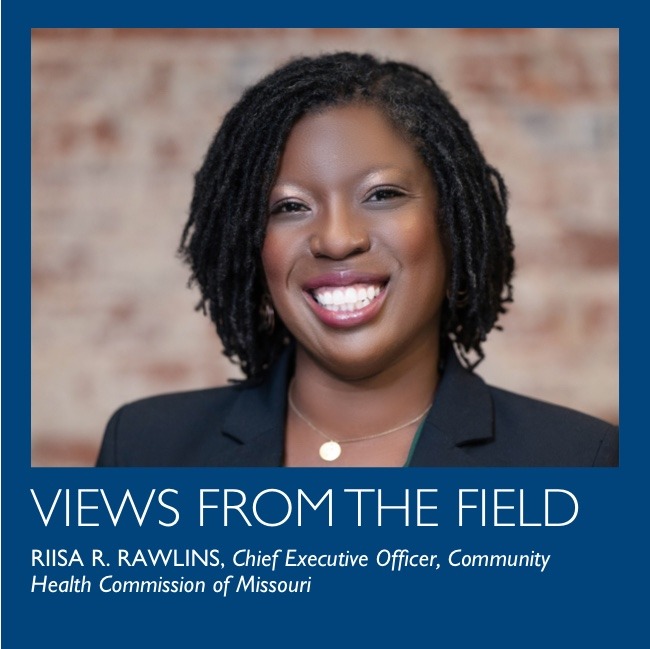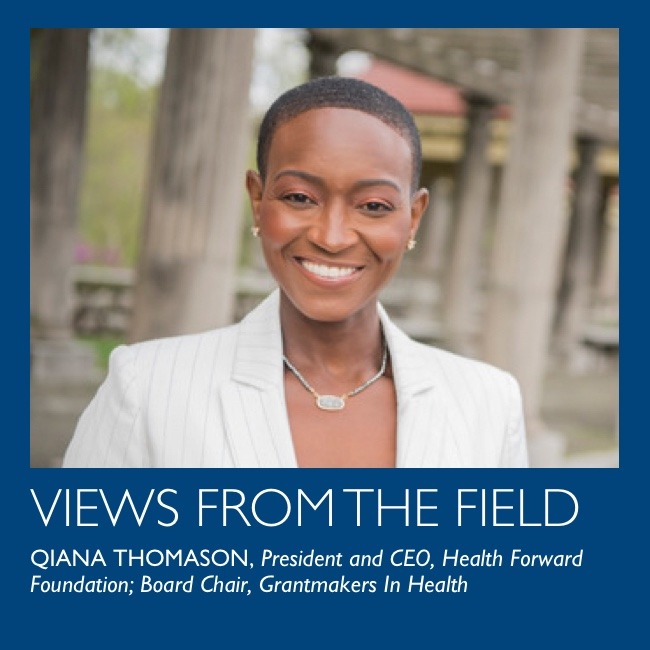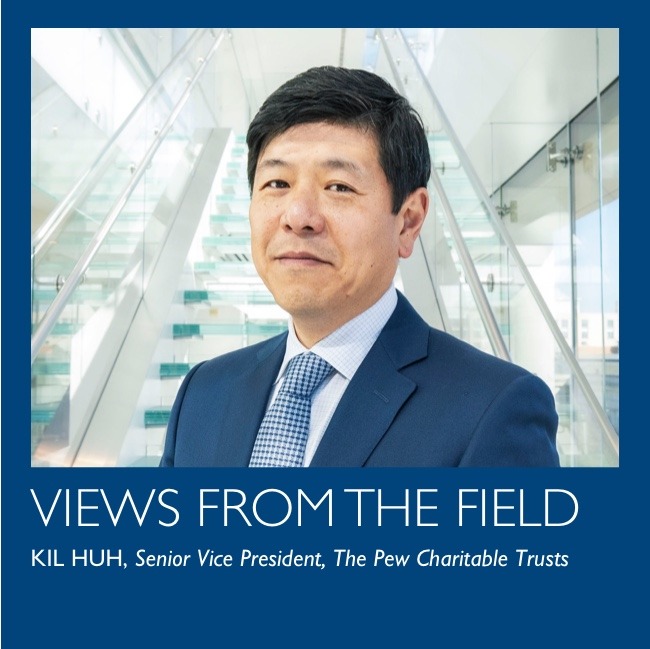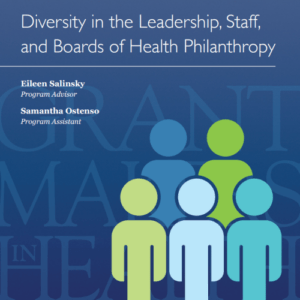Power to the People: Advancing Impact Through Participatory Budgeting
Who is best positioned to determine how health funding should be allocated? At the Community Health Commission of Missouri (CHCM), we believe the answer is clear: the people most affected by health disparities.
How Pew Is Learning to Improve Health Policy
Antibiotics revolutionized medical treatment and are a cornerstone of modern health care. However, the global rise of antibiotic-resistant bacteria is making infections costlier and deadlier. After a 2008 report commissioned by The Pew Charitable Trusts highlighted these concerns, the organization invested in multiple projects to set limits on the use of antibiotics and to spur the development of new drugs.
Episcopal Health Foundation: October 2024
Episcopal Health Foundation’s (EHF) annual poll shows continuing health care affordability and access crisis in Texas. EHF’s poll found that 64 percent of Texans said they skipped or postponed some sort of health care because of the cost. That includes things like check-ups, treatments, tests, filling prescriptions, and dental care. That percentage is slightly down from the 68 percent who said they skipped care last year – the highest percentage in the six-year history of EHF’s poll.
The Commonwealth Fund: October 2024
The Commonwealth Fund released a report, Mirror, Mirror 2024: A Portrait of the Failing U.S. Health System, to compare health system performance in 10 countries, including the United States, to glean insights for United States improvement. It conducted an analysis of 70 health system performance measures in five areas: access to care, care process, administrative efficiency, equity, and health outcomes.
Philanthropy @ Work – Grants and Programs – October 2024
The latest on grants and programs from the field.
New Grantmakers In Health Survey Finds Leadership and Staff of Health Funders More Diverse than Broader Philanthropic Field
A new Grantmakers In Health survey of health funder leadership, staff, and boards found that health funder organizations are more racially and ethnically diverse than the broader field of philanthropy.








